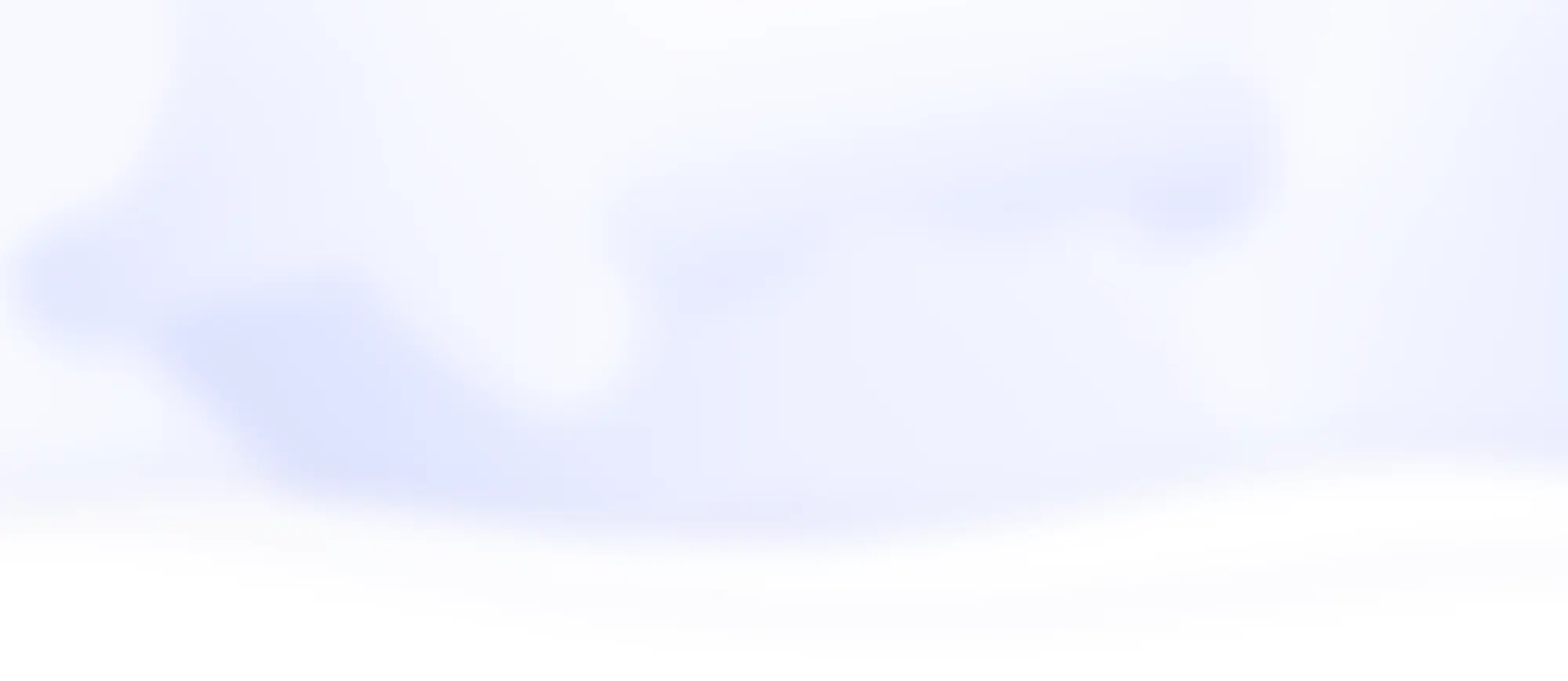Is Glass Really A Sustainable Option For Your Business
Glass is the preferred packaging for many brands due to the fact that it keeps the integrity of the final product intact. Unlike some plastic or resin packaging options, glass bottles have a nearly zero rate of chemical interaction, so they will sustain the product inside, keeping the flavors and aromas as they were meant to be.
With more and more businesses concerned about the sustainability of their packaging, glass is a great and easy choice when it comes to recyclability. Because glass bottles do not degrade, they can be recycled again and again.
Recycling Glass, the Process:
Glass is considered to be the only “cradle-to-cradle” recyclable package—this means it can be recycled an infinite number of times without ever jeopardizing the quality, purity and clarity of the glass. Today glass remains our most easily processed container. The recycling process from beginning to end is fast and easy. New glass containers can be recycled, remolded and ready for use in less than 30 days, according to Food Quality & Safety.
The glass recycling process is easy and very efficient:
- After the glass is collected from recycle receptacles, it is taken to a recycling center that has a glass treatment facility.
- The glass bottles are washed and sorted by color into individual bins.
- The glass is then crushed, melted down and molded to begin their transformation into new glass bottles, jars or decorative home items such as tiles, glass bricks, etc.
- The remolded glass bottles are then shipped to the end user, beginning a new life cycle for the recycled glass.
- The process of recycling glass goes on and on and because glass doesn’t absorb flavors or aromas, there is no residual components rendering it unusable for even the highest end product.
Products that are Best with Glass Packaging:
While many products that were once only sold in glass containers such as soda, food products and medication have opted for plastic or resin bottles such as the popular 2-3 liter soda bottles that fill our store shelves, many other brands rely on glass bottles to keep their final product protected and as intended.
Some of the products that typically only use glass for their products include:
- High-end wine (excluding those that are considered bargain brands and come in plastic reservoirs in boxes.)
- Beer, cider and other spirits
- Perfumes
It is imperative the items above are not altered, due to the importance of both the taste and aroma.
For instance, because wine producers spend so much time and money cultivating their grapes and blending and aging their wines, it’s important that the end user get the product that winemakers painstakingly created. Top wine producers only use glass bottles for their precious vintages, knowing that glass will preserve the true flavor and purity of their wine. Wine connoisseurs rely on both the aroma or “nose” of the wine and the taste, so wine producers can’t take a chance that the integrity of their product could jeopardized or altered by choosing plastic, resin or other less reliable forms of packaging.
The same can be said about beer, cider, ale and other spirit manufacturers that insist on glass bottles so it reaches consumer the way the producers intended.
Perfumes are yet another great example of why glass is the packaging of choice. When the fragrance is the products’ core value, manufacturers cannot take a chance that their product could be tainted. With the cost of high-end perfumes, it’s easy to understand why a manufacturer would only choose glass.
The Benefits of Glass Packaging
We’ve already established some of the benefits of glass packaging, below are some additional benefits of using this sustainable material:
- Glass bottles are good for the environment since it can be remolded in to new containers an infinite number of times.
- Glass packaging keeps products fresh.
- 80% of the glass that is recovered is made into new glass bottles and other products.
- Many consumers prefer purchasing products that are in glass packaging.
- Products that are packaged in glass retain their pure form because glass in non-porous and impermeable it will not compromise the taste and aroma of the products inside.
- Glass is the safest material to use in a microwave or to reheat food items. Other packaging products have the potential to emit harmful chemicals or additives when heated to certain levels.
Talk to the Experts at MJS Packaging for Sustainable Packaging:
MJS Packaging started one of the first bottle recycling programs in America and has an ongoing goal of reducing our carbon footprint. In fact, they have recycling options for nearly every container they sell and offer businesses ways to increase their sustainability and reduce their carbon footprint while being cost efficient.
If you are dedicated to being eco-friendly choosing the right packaging may be a difficult and confusing task. Because packaging is one of the most important branding decisions you will make, this also can be quite a daunting task. The experts at MJS Packaging can help you find eco-friendly solutions and help you choose the best type of package for your product while keeping an eye on your bottom line. Because they are one of the largest packaging providers around and provide recycling insights for each chosen packaging option they are trusted advisors that will help you with all your packaging decisions.




